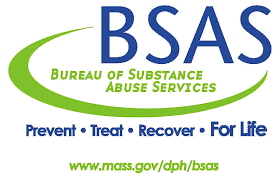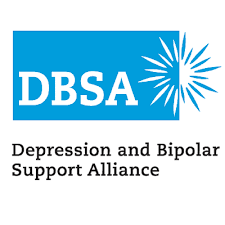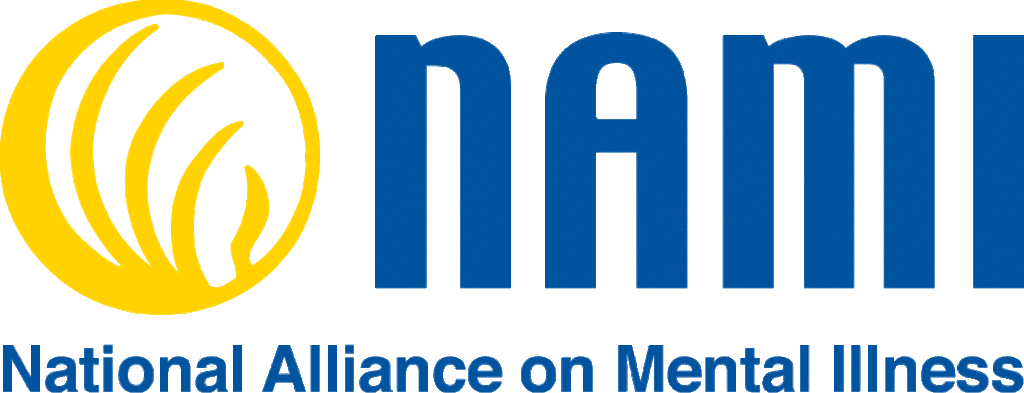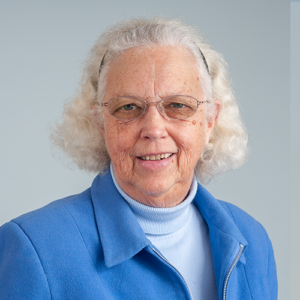The Impact of COVID-19 on Persons with Lived Experience of Mental Health and/or Substance Use Challenges:
A survey assessment.
COVID-19 is a uniquely long-term and multidimensional stressor that is likely to disproportionately impact the wellbeing of individuals with mental health and/or substance use challenges. While several studies have shown increases in anxiety, depression, and traumatic stress in the general population following the onset of COVID-19, few have explored the impact the pandemic has had on individuals already experiencing mental health and/or substance use challenges. This impact is possibly worsened for people of color, as well as individuals who are homeless and/or experiencing job loss.

Wright AC, Kritikos K, Bhiku K, LeFeber L, Skiest H, Whitman A, Browne J, Arntz D, Fortuna KL, Mueser KT, & Cather C. (2022). The impact of the COVID-19 pandemic on peer specialists. Psychiatric Rehabilitation Journal, 45(3), 201–211.
AIMS
The main aim of this study is to characterize the overall effect that COVID-19 has had on those living with mental health and/or substance use challenges. Our goals are to: 1) characterize experiences related to work/employment, family/home, social activity, emotional health/wellbeing and physical distancing, 2) explore participants’ experiences with mental health access and treatment, including peer support, and 3) explore the relationship between specific social determinants of health (i.e. living situation, race, ethnicity, and socioeconomic status) and the ability to engage in safety behaviors (e.g. physical distancing) to protect against COVID-19.
METHODS
We designed this study as an anonymous, online survey through Massachusetts General Hospital’s Research Electronic Data Capture system. Enrollment was limited to English and/or Spanish-speaking adults, aged 18 years or older, who self-report lived experience of a mental health and/or substance use challenge. Subjects were recruited through email, using recovery-based listservs. Some of these listservs are associated with Massachusetts’ Bureau of Substance Abuse Services, Depression Bipolar Support Alliance, Recovery Learning Centers, and National Alliance on Mental Illness chapters.



RESULTS
We exceeded our enrollment target of 150 participants with a final total of 173. 109 participants were peer specialists and 64 were not.
Peer specialists reported fewer negative outcomes during the pandemic, including less disruption in employment, less loneliness, and less worsening of mental health, while reporting more positive attitudes in the face of difficulties. Peer specialists were also likely to report more access to and satisfaction with mental health services. There are a number of potential reasons that peer specialists were able to cope more positively with the pandemic, including the training of the peer specialist role, regular experience helping others, and integration into the peer and recovery community.
Overall, this study provided empirical evidence showing that being a peer specialist can have a protective effects on mental health and general wellbeing in the face of an international crisis.
COE PROJECT STAFF

Corinne Cather, PhD
PRINCIPAL INVESTIGATOR

Anne Whitman, PhD, CPS
SENIOR PEER CONSULTANT

Kim Mueser, PhD
CO-INVESTIGATOR

Katherine Kritikos, MPH
PROGRAM MANAGER

Abigail Wright, PhD
RESEARCH FELLOW

Kamila Bhiku, BS
CLINICAL RESEARCH COORDINATOR

Lisa LeFeber, BA
CLINICAL RESEARCH COORDINATOR

Hannah Skiest, BA
CLINICAL RESEARCH COORDINATOR
Additional Collaborators
Karen Fortuna, PhD; Kelly Irwin, MD, MPH; Rob Walker, CPS.
Funding
Funding for this project was provided by the MGH COE/Massachusetts Department of Mental Health.